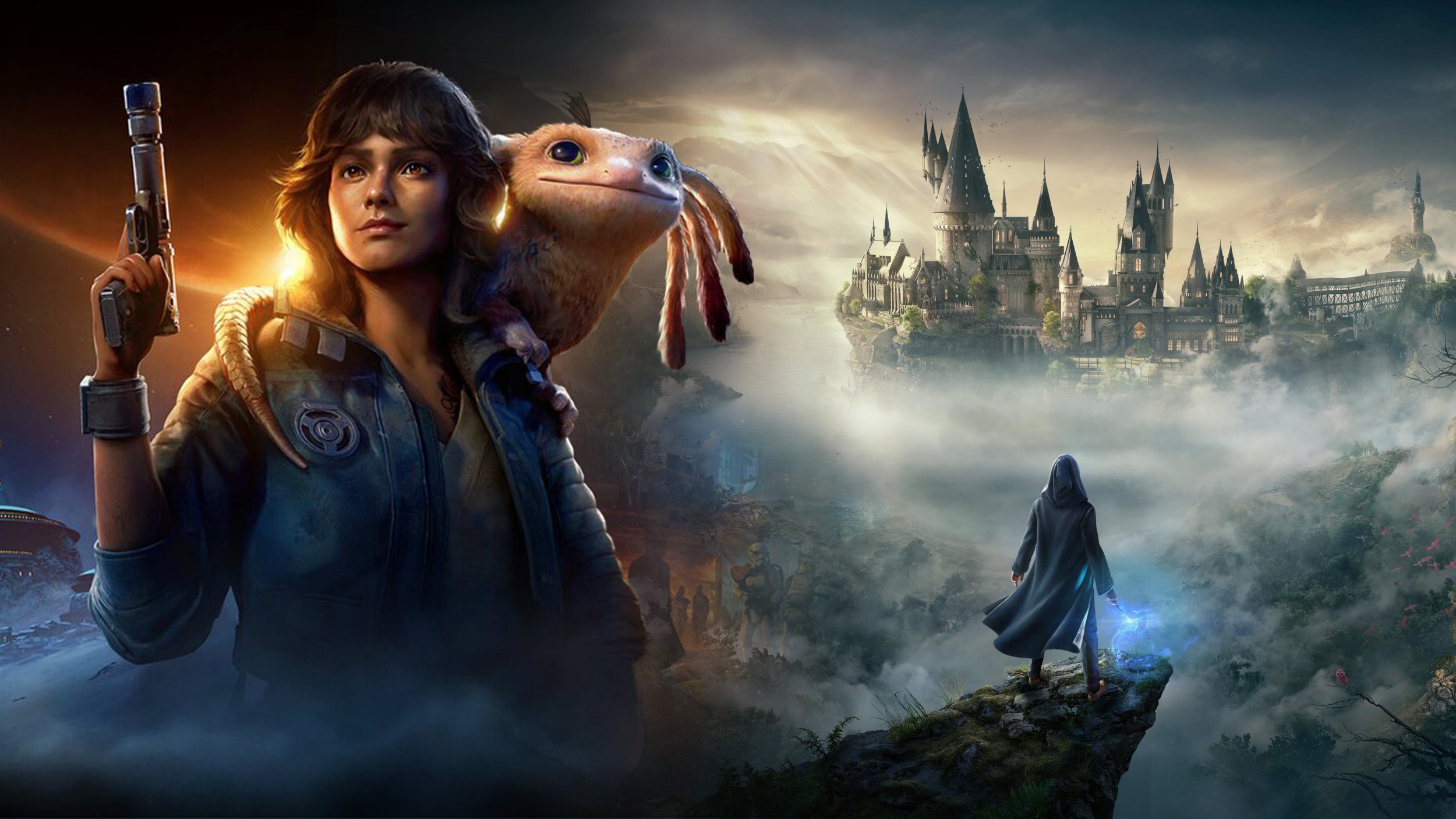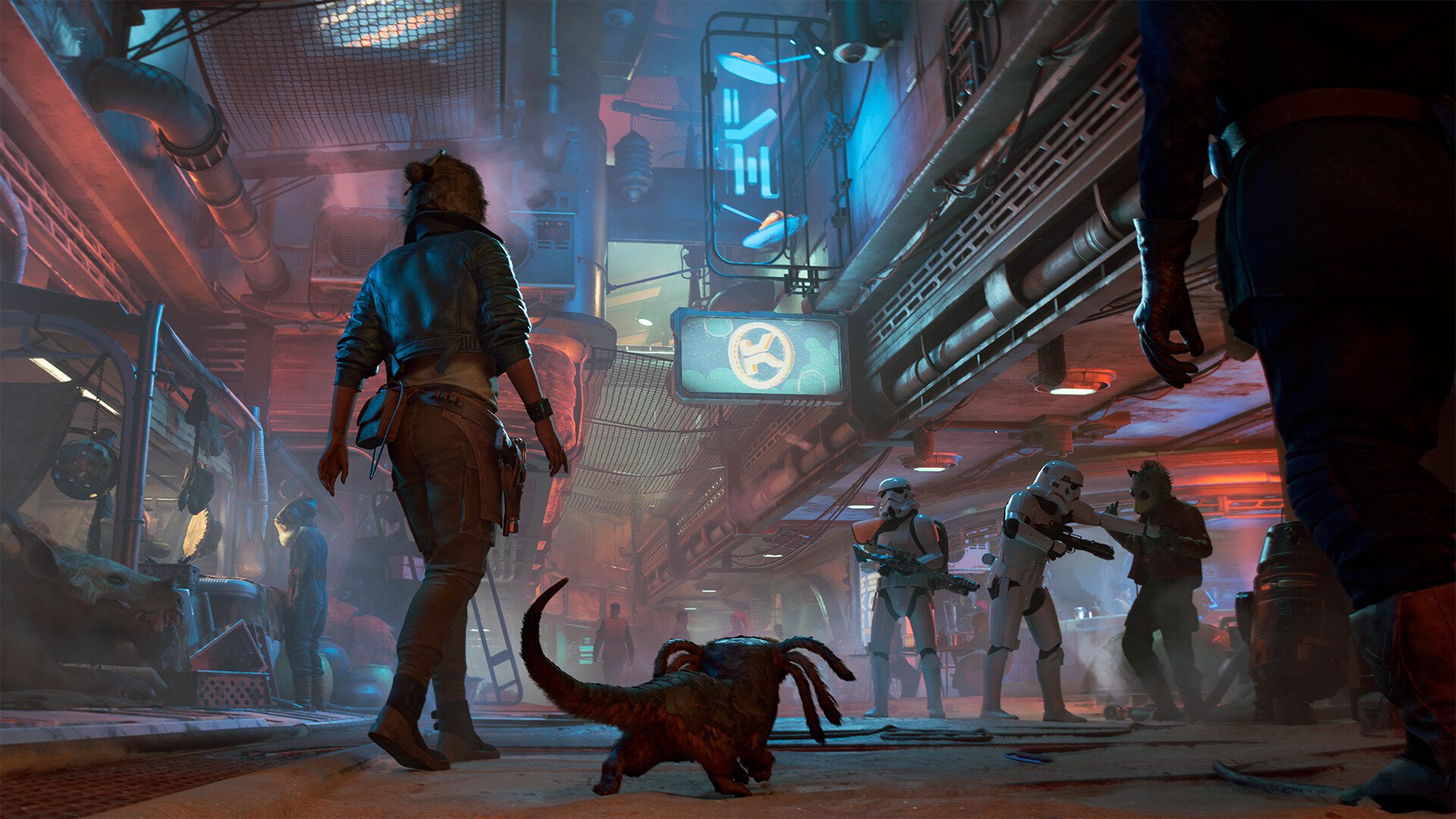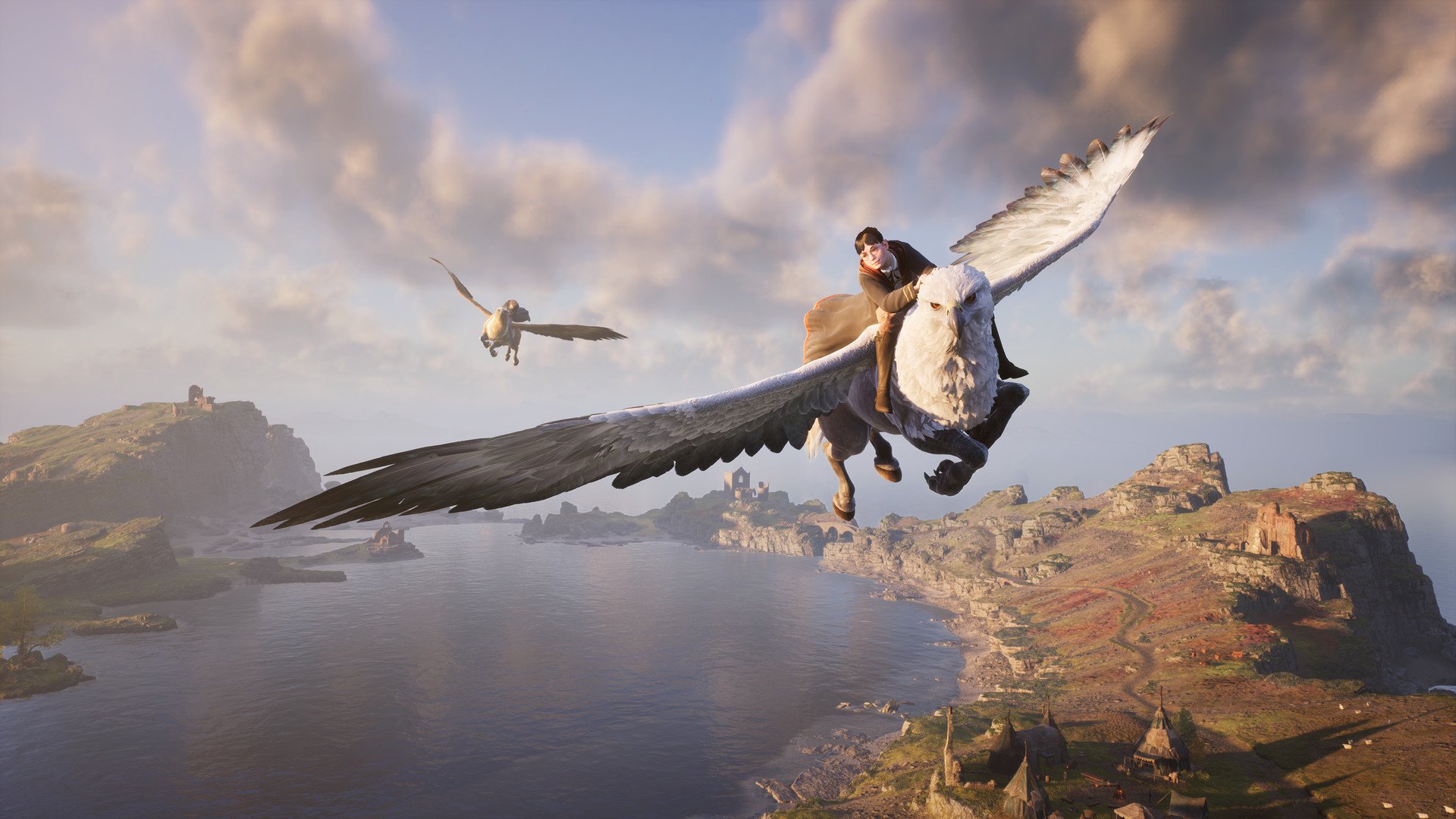
With a new patch for drastically altering a major gameplay element, GameCentral ponders how things ended up going so wrong and what it could mean for future Star Wars games.
Calling Star Wars Outlaws a failure isn’t quite fair. It’s certainly not a bad game, depending on the level of affinity you have for the source material, but in terms of sales it does seem to have been a disappointment, especially to publisher .
Outlaws was described as having a ‘softer than expected’ launch back in August. It was only the second best-selling game of the month, losing out to the 11-year-old , and its first week sales weren’t even half of what EA’s managed in the same timeframe.
Given the significance of the brand, Ubisoft was no doubt banking on Outlaws making up for what has otherwise been a lacklustre year for the company. Instead, its underperformance has only helped incentivise a .
What is the new Star Wars Outlaws patch?
With the release of a significant patch and a Steam launch, Star Wars Outlaws’ reputation could yet improve, but why does it need salvaging in the first place and how did Ubisoft go so wrong with a quality game and a proven licence?
We must re-emphasise that Star Wars Outlaws is not a bad game, nor has it had a Cyberpunk 2077 level disaster of a launch. There’s certainly an additional appeal if you’re a Star Wars fan but taken on its own merits it’s a superior open world adventure, that avoids the usual tropes of Ubisoft games, such as obnoxious mission markers, icon-filled maps, and having to climb radio towers.
Ubisoft’s reaction to the disappointing sales has been to drastically change key elements of the game, reducing the stealth aspect so that it’s only ever optional. This seems to be a knee jerk reaction to complaints that an early mission punished you too harshly for failing at stealth but it’s really just a superficial issue that’s only going to put a bigger spotlight on the slightly underwhelming combat.
What really hurt Star Wars Outlaws, aside from a curious lack of marketing (seriously, we felt we saw barely any ads for the game) is that it simply wasn’t what Star Wars fans were looking for in a video game. Or at least didn’t offer anything distinctly Star Wars that you couldn’t find in any other sci-fi game.
We’ve often joked over the years, that our dream game is a Han Solo simulator. Not necessarily in terms of controlling the character himself but just doing the sort of things he was implied to have been up to before he met Ben Kenobi. In our minds it would’ve been a mix between and Grand Theft Auto – something that doesn’t currently exist in gaming and would be completely unique in and of itself.
Outlaws is certainly the closest there’s ever been to a GTA style game in the Star Was universe but it’s still not very close, and in gameplay and narrative terms it doesn’t do anything new or unusual. If you’re a Star Wars fan the novelty of it being a competent open world game set in that world is considerable but for everyone else, it’s just another Ubisoft game.
What’s perhaps more important is that Outlaws is not a game anyone asked for. We’ve wished for a Han Solo simulator for decades, while we and others have also dreamed of a bounty hunter simulator – perhaps one where you create your own custom character (will I be like Bossk or 4-LOM?) and toured the galaxy looking for your quarry. Even a Mandalorian tie-in would’ve been something, but for some reason .

For a franchise that will be 50 years old in a few years there is so much food left on the table when it comes to Star Wars video games, with many concepts either never attempted or just done badly. Even something as simple as gun combat has never worked the way generations of kids imagined it would, who just point their fingers and make pew pew noises in the playground.
The blasters and other weapons in Star Wars seem to have real weight and power in the movies and yet even in a first person shooter like Battlefront they come across as weedy and insubstantial. Lightsabers have generally fared better but it’s really on with EA’s Star Wars Jedi series that they’ve begun to feel like an accurate representation of the films.
Most Star Wars games just don’t give fans what they want, either at a top level or in terms of the details. And yet when it does work out, such as with the ancient X-Wing and TIE Fighter series, the end result is not just pleasing for fans but resulted in genuine classics that defined a whole genre.
Why was Hogwarts Legacy so successful?
The obvious point of refence in modern times is with the Harry Potter franchise, which has never had any game of any real quality, until 2023’s Hogwarts Legacy. It’s very good but it has an important advantage over something like Outlaws: it’s an experience fans have been dreaming of for years.
A Harry Potter action role-playing game, which allows you to enrol at Hogwarts and play as your own custom character, while exploring a large open world environment and doing whatever you want within the Wizarding World is exactly what fans have wanted and being calling for since the very beginning. It also doesn’t hurt that there hasn’t been a big budget Harry Potter game in a long time, creating extra demand.
By comparison, Outlaws is nowhere close to that level of wish fulfilment, even though it’s pretty equal in terms of overall quality. You could argue that both franchises are roughly the same level of prominence at the moment. Depending on how you interpret the wildly differing qualities of the Disney+ Star Wars shows, neither has had a major critical or commerical hit in a long time and both have started to drift out of the mainstream consciousness.
But whereas Outlaws was barely a blip on the radar in terms of video games, let alone anything else, Hogwarts Legacy has revitalised Warner Bros. Games and inspired its parent company to push forward with multiple new Harry Potter projects, including a massively expensive new HBO show.
Hogwarts Legacy gave fans exactly what they wanted, whereas Star Wars Outlaws was just another tie-in that didn’t seem to quite understand its audience or the franchise’s video game potential.
Every diehard Harry Potter fan has envisioned attending Hogwarts, getting assigned a house, learning spells, flying on broomsticks, etc. and Hogwarts Legacy gave them the chance to do all that, just as they had always wanted. In fact, it was so popular many former fans, who dropped off the series a long time ago, were tempted back by the promise of a game they once could only dream of.
As the increasingly long list of flop Marvel games proves, no media franchise is a licence to print money. As Outlaws (and ) shows it’s not enough to make a good game, it has to be one that fulfils the dreams of fans, either generally or in terms of specific game ideas they’ve always wanted to see.
In fact, you could easily argue that quality is not the most important thing when it comes to a licensed game, as long as it reaches a certain base level. isn’t an especially good game – it’s competent more than exceptional – but it does understand its audience and it gives them exactly what they want in terms of visuals, tone, and a sense of seeing and experiencing things in a game that they were only previously able to imagine in their head.
A successful licensed video game is all about making the fictional world come alive around you. If the player isn’t thinking to themselves ‘this is just how I imagined it’d be’ while they play then it’s failed. The game has to be at least competent, but it also has to be undiluted wish fulfilment. Otherwise it’s just a generic video game with a famous name attached.

Email [email protected], leave a comment below, , and .
To submit Inbox letters and Reader’s Features more easily, without the need to send an email, just use our .
For more stories like this, .




















